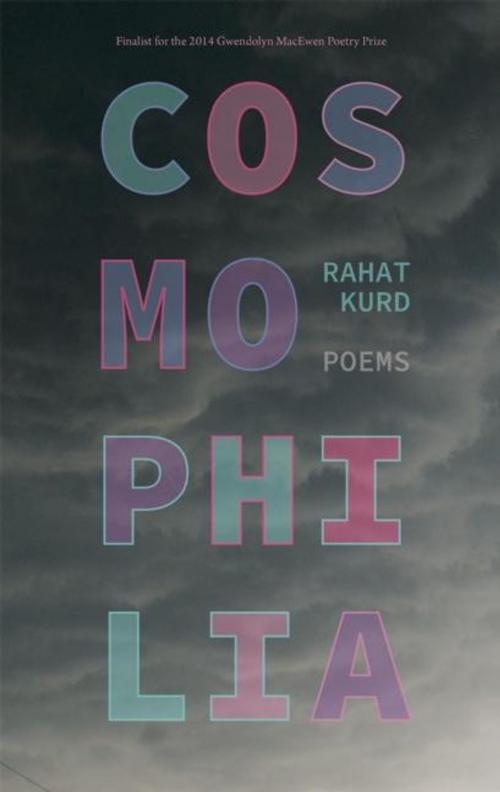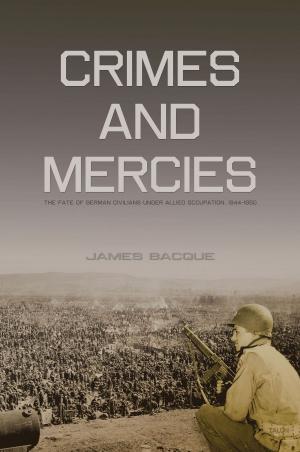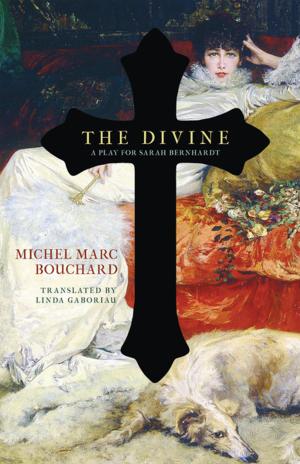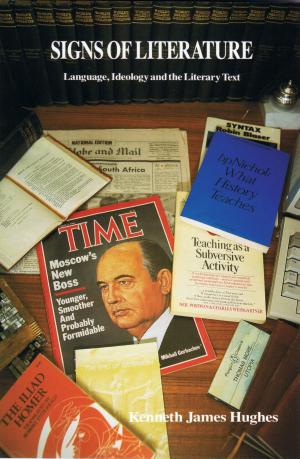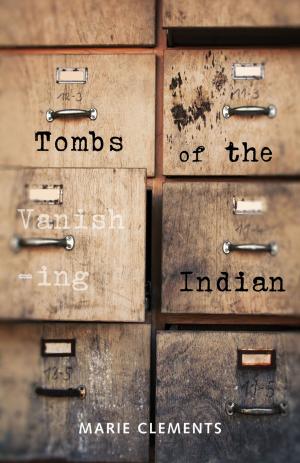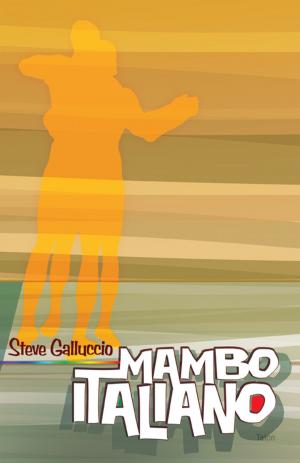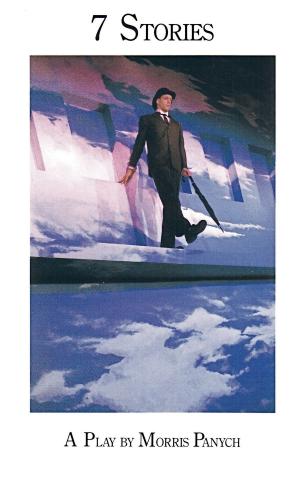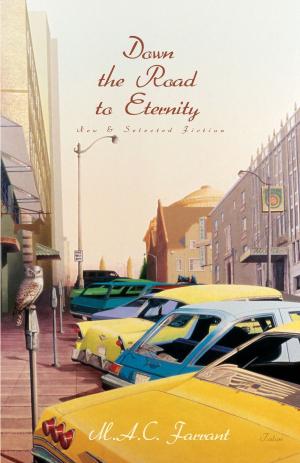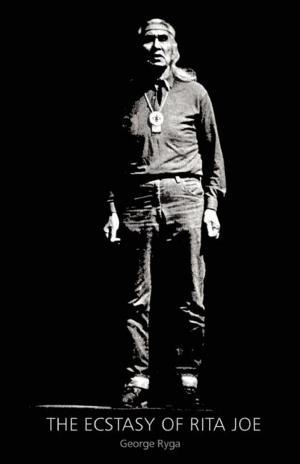Cosmophilia
Nonfiction, Family & Relationships, Family Relationships, Divorce, Fiction & Literature, Poetry| Author: | Rahat Kurd | ISBN: | 9780889229976 |
| Publisher: | Talonbooks | Publication: | December 14, 2015 |
| Imprint: | Talonbooks | Language: | English |
| Author: | Rahat Kurd |
| ISBN: | 9780889229976 |
| Publisher: | Talonbooks |
| Publication: | December 14, 2015 |
| Imprint: | Talonbooks |
| Language: | English |
Cosmophilia means love of ornament.” These poems might be thought of as elaborations deliberate acts of imagination that ornament the objects or events that inspired their creation, by emphasizing their complexity.
The central poems are drawn from the poet’s memories of time spent with her family in Kashmir and, in particular, from contemplations of traditional Kashmiri handicrafts. Other poems in this collection draw on multiple cultural and artistic sources, family history, and Islamic imagery and language, and are elaborations on the author’s reflections on living and walking in Vancouver through the end of a marriage.
The poet’s lyrical, emotionally powerful, narrative style engages cultural complexity by weaving traditional religious and political language and imagery into contemporary contexts. Some poems explore ideas of how the body refracts from historical trauma, including division of the state of Kashmir during the 1949 parition of Indian and Pakistan, as well as the loss of Arabic and non-Arabic scripts in Urdu and the consequent removal of language and memory embodied in language. Additionally there is a foregrounding of thematically interlinked schisms between religion and secularism, and the tension of navigating through these polarities as a person living within diaspora. Further areas that contribute to torquing the language are the emergence of secular modernism within the context of Muslim cultural and familial space.
Cosmophilia represents and discovers the modern Muslim woman’s experience in Kashmir as well as urban North America, a setting both alienating and stimulating.
The central poems are drawn from the poet’s memories of time spent with her family in Kashmir and, in particular, from contemplations of traditional Kashmiri handicrafts. Other poems in this collection draw on multiple cultural and artistic sources, family history, and Islamic imagery and language, and are elaborations on the author’s reflections on living and walking in Vancouver through the end of a marriage.
The poet’s lyrical, emotionally powerful, narrative style engages cultural complexity by weaving traditional religious and political language and imagery into contemporary contexts. Some poems explore ideas of how the body refracts from historical trauma, including division of the state of Kashmir during the 1949 parition of Indian and Pakistan, as well as the loss of Arabic and non-Arabic scripts in Urdu and the consequent removal of language and memory embodied in language. Additionally there is a foregrounding of thematically interlinked schisms between religion and secularism, and the tension of navigating through these polarities as a person living within diaspora. Further areas that contribute to torquing the language are the emergence of secular modernism within the context of Muslim cultural and familial space.
Cosmophilia represents and discovers the modern Muslim woman’s experience in Kashmir as well as urban North America, a setting both alienating and stimulating.
Cosmophilia means love of ornament.” These poems might be thought of as elaborations deliberate acts of imagination that ornament the objects or events that inspired their creation, by emphasizing their complexity.
The central poems are drawn from the poet’s memories of time spent with her family in Kashmir and, in particular, from contemplations of traditional Kashmiri handicrafts. Other poems in this collection draw on multiple cultural and artistic sources, family history, and Islamic imagery and language, and are elaborations on the author’s reflections on living and walking in Vancouver through the end of a marriage.
The poet’s lyrical, emotionally powerful, narrative style engages cultural complexity by weaving traditional religious and political language and imagery into contemporary contexts. Some poems explore ideas of how the body refracts from historical trauma, including division of the state of Kashmir during the 1949 parition of Indian and Pakistan, as well as the loss of Arabic and non-Arabic scripts in Urdu and the consequent removal of language and memory embodied in language. Additionally there is a foregrounding of thematically interlinked schisms between religion and secularism, and the tension of navigating through these polarities as a person living within diaspora. Further areas that contribute to torquing the language are the emergence of secular modernism within the context of Muslim cultural and familial space.
Cosmophilia represents and discovers the modern Muslim woman’s experience in Kashmir as well as urban North America, a setting both alienating and stimulating.
The central poems are drawn from the poet’s memories of time spent with her family in Kashmir and, in particular, from contemplations of traditional Kashmiri handicrafts. Other poems in this collection draw on multiple cultural and artistic sources, family history, and Islamic imagery and language, and are elaborations on the author’s reflections on living and walking in Vancouver through the end of a marriage.
The poet’s lyrical, emotionally powerful, narrative style engages cultural complexity by weaving traditional religious and political language and imagery into contemporary contexts. Some poems explore ideas of how the body refracts from historical trauma, including division of the state of Kashmir during the 1949 parition of Indian and Pakistan, as well as the loss of Arabic and non-Arabic scripts in Urdu and the consequent removal of language and memory embodied in language. Additionally there is a foregrounding of thematically interlinked schisms between religion and secularism, and the tension of navigating through these polarities as a person living within diaspora. Further areas that contribute to torquing the language are the emergence of secular modernism within the context of Muslim cultural and familial space.
Cosmophilia represents and discovers the modern Muslim woman’s experience in Kashmir as well as urban North America, a setting both alienating and stimulating.
